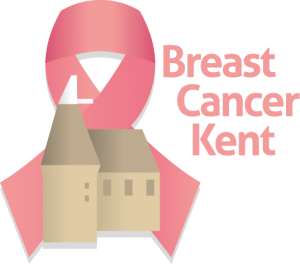Breast Cancer Treatment
Breast Cancer - The Facts
In the UK, approximately 1 in 8/9 women will be diagnosed with breast cancer in their lifetime. Breast cancer is more common in older women and a significant family history is the strongest individual risk factor for the development of breast cancer.
There are many ways to treat breast cancer but the overall goal is to remove the cancer from the breast and reduce the risk of the disease returning in the future. The treatment of breast cancer is always tailored to an individual patient and often involves several different therapeutic approaches.
Local treatment involves surgery to remove all identifiable cancer from the breast and draining axillary lymph nodes and radiotherapy to treat any microscopic cancer cells that may be left in the breast/ chest wall after the operation. Based on the available evidence, the 10-year risk of breast recurrence in the chest wall after mastectomy is between 2-9%. This is very similar to the 10-year risk of cancer recurrence in a breast treated with a lumpectomy/ wide-local excision and radiotherapy (4-7%). Radiotherapy after mastectomy is advised in certain circumstances.
Systemic therapy involves giving medication as a tablet or intravenously so that the treatment is carried to every part of the body and includes hormone therapy, chemotherapy and monoclonal antibody therapy.
Treatment types
